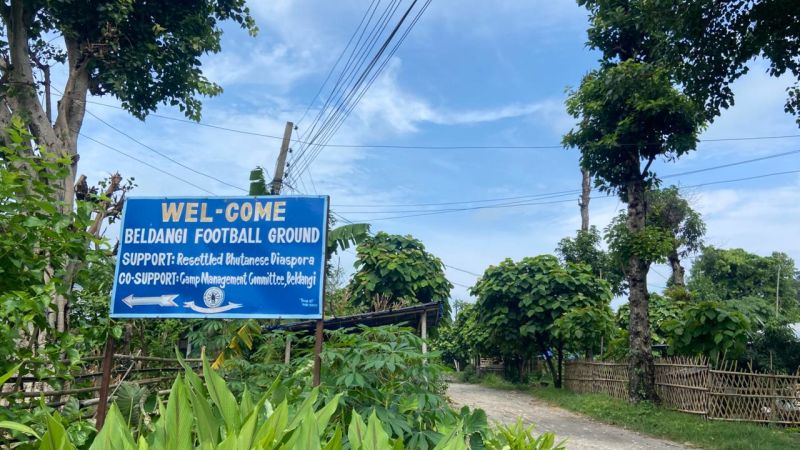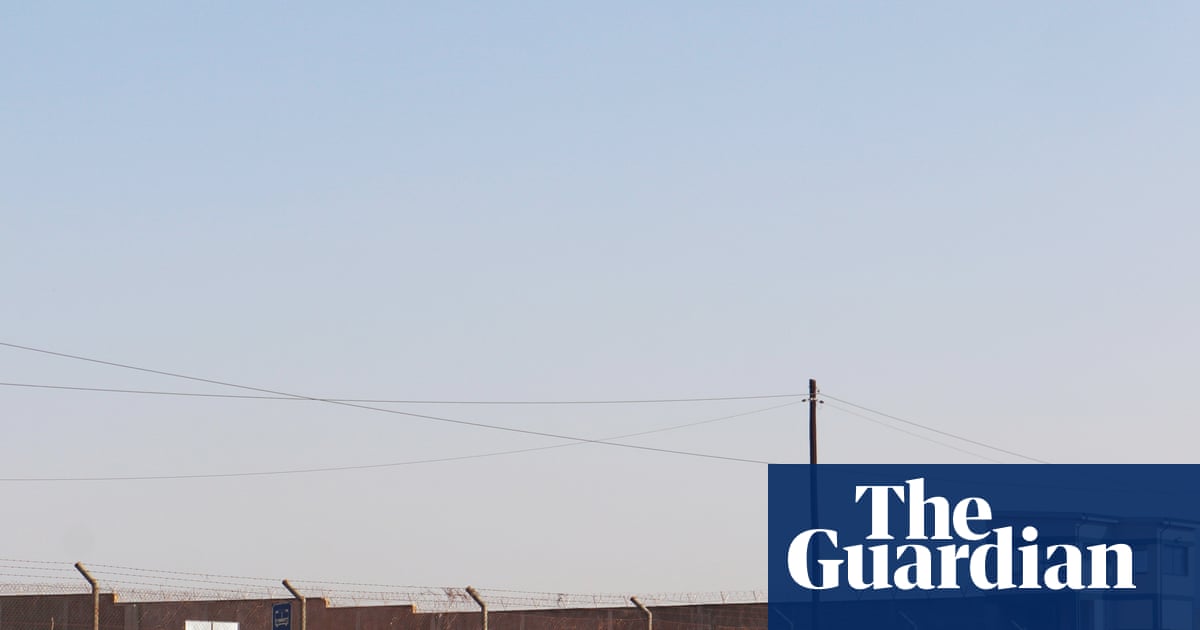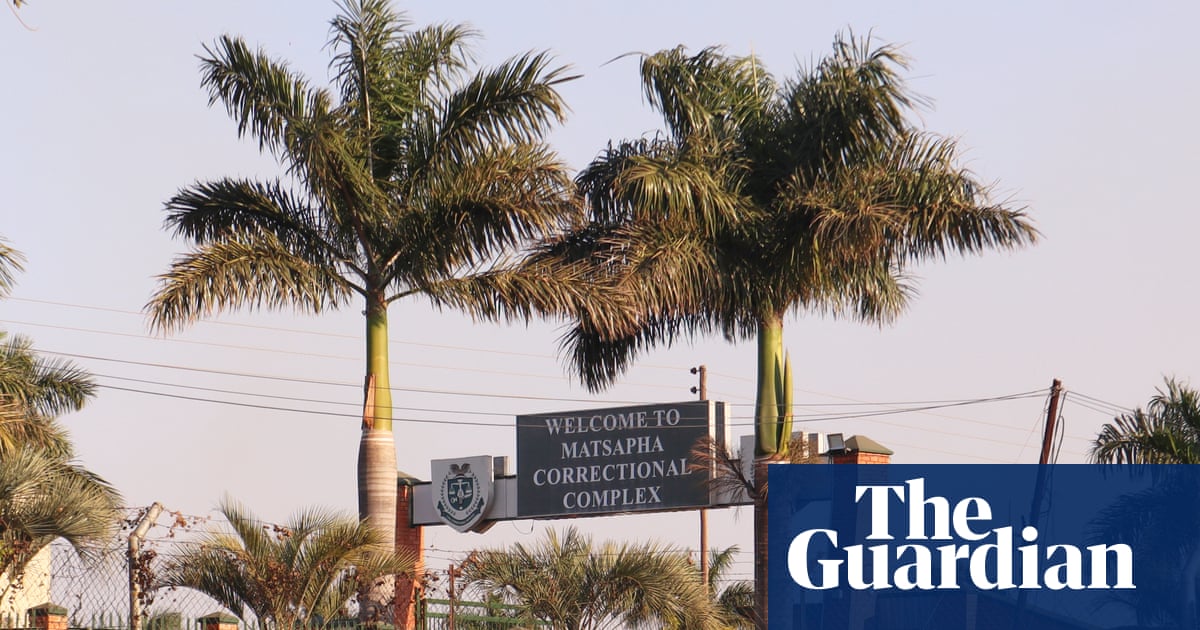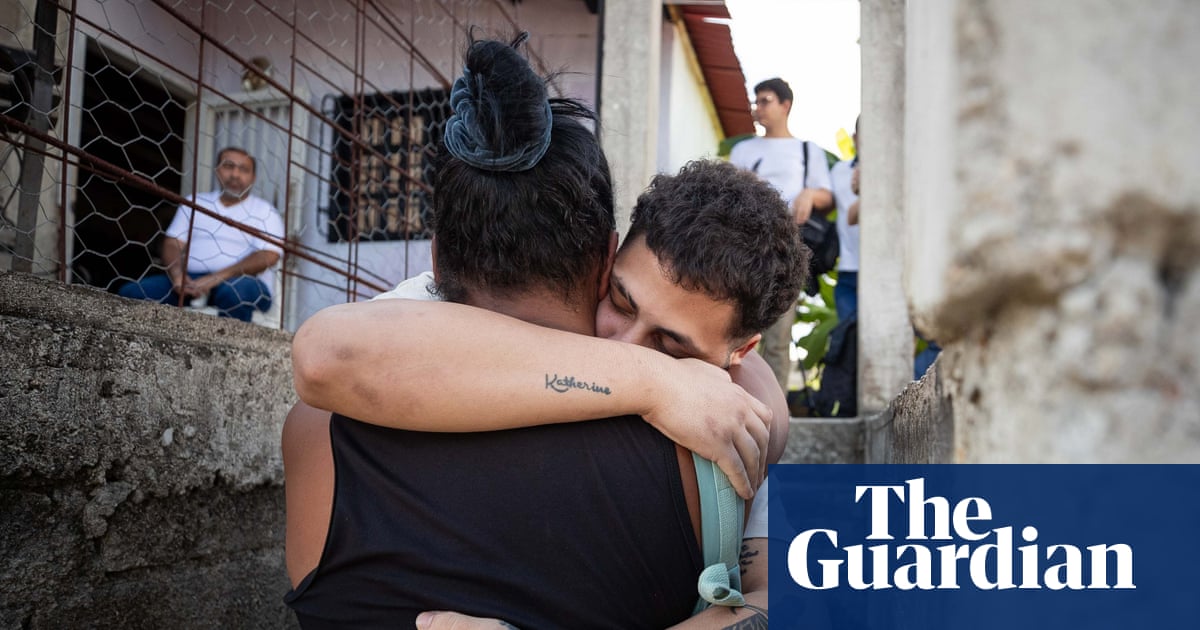T4K3.news
Deportees from US face rejection by Bhutan
More than two dozen Bhutanese refugees returned to Bhutan after deportation, but face rejection.

A recent wave of deportations has left Bhutanese refugees in a complicated predicament.
Stateless Bhutanese refugees face uncertain future after US deportations
More than two dozen Bhutanese refugees face a troubling future after being deported from the US back to Bhutan, where they are not accepted. These individuals, part of the Lhotshampa ethnic group, were forced out of Bhutan in the 1990s and had found temporary refuge in the US. However, following criminal convictions, they have been repatriated, only to find Bhutan rejecting them upon arrival. Many have returned to Nepal’s Beldangi refugee camp, where they struggle with statelessness and lack of identification, hindering their ability to work or access funds from abroad. The Nepali government has expressed its inability to accept them while the US has not provided clear solutions for their status.
Key Takeaways
"We feel trapped, with limited options and a constant sense of insecurity."
Subedi describes the emotional toll of living without documentation in a refugee camp.
"These people don’t have a country."
Siwakoti criticizes the US government's decision to deport the Lhotshampa refugees.
"If somebody got involved in any kind of criminal activities, we do have a due process."
Niroula argues that deportation is not the solution for those who commit crimes.
"Life here is tough. I can’t even withdraw money sent by relatives because I lack proper ID."
Sanyasi shares his struggles at the refugee camp after deportation.
The situation of these deported refugees highlights significant flaws in both US immigration policies and Bhutan's treatment of its ethnic minorities. The deportation raises serious ethical concerns about safety, as many of these individuals risk persecution if returned. Advocates are alarmed, arguing that this may create a precedent for further deportations to countries with poor human rights records. The US has previously been a sanctuary for these refugees, but current actions may redefine the narrative and reality for the Lhotshampa in ways that could lead to more suffering and instability.
Highlights
- Statelessness makes rebuilding lives nearly impossible.
- Family separation is not a solution for refugees.
- Life in limbo can feel like an eternal struggle.
- Ethnic minorities deserve a home and protection.
Deportation poses serious human rights concerns
Deported refugees from the US are left stateless with nowhere to go, raising ethical and humanitarian issues.
The plight of these refugees calls for urgent action from international agencies and governments.
Enjoyed this? Let your friends know!
Related News

US begins controversial deportations to African nations
US sends deportees to Eswatini as program expands

Migrants deported to Eswatini face confinement

Trump administration deports immigrants to third countries

Debate grows on Gen Z stare

Civil society condemns US deportation deal

Outrage in Eswatini over US deportee arrivals
